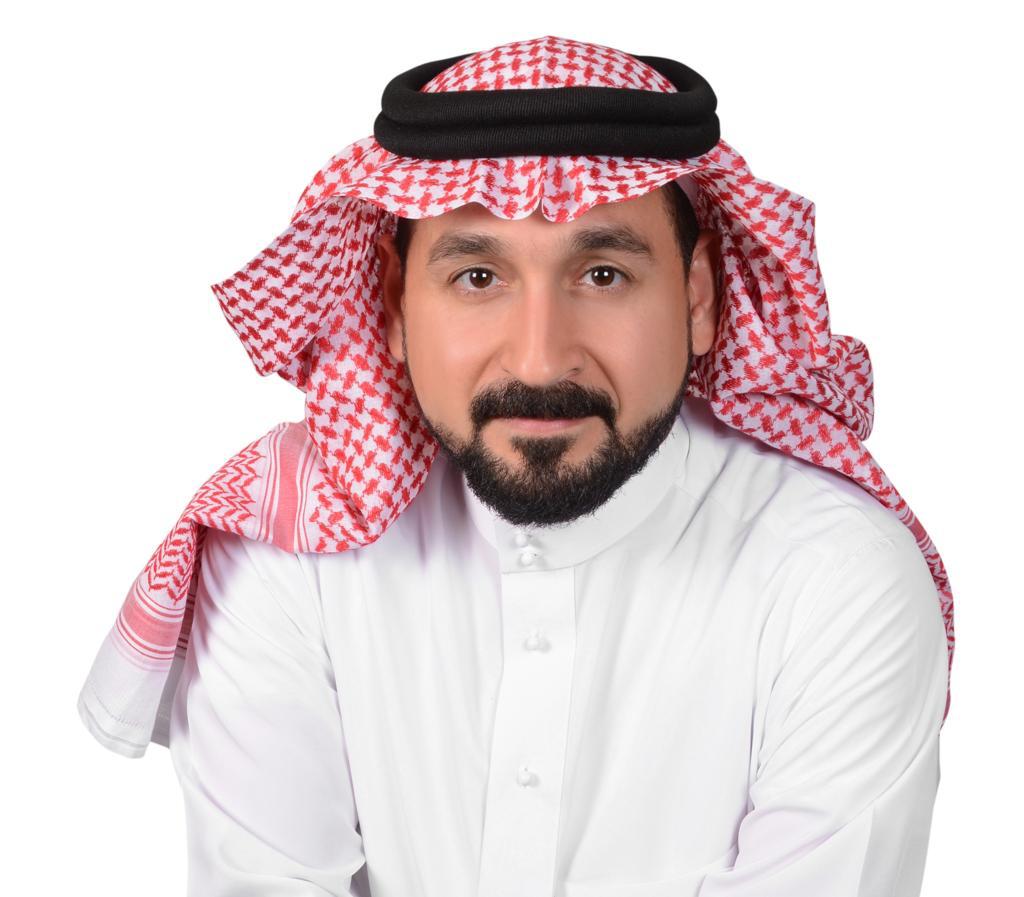What is the priority, "Innovative Drugs " or "Generic Drugs"?
الخميس - 07 ديسمبر 2023
Thu - 07 Dec 2023
The uniqueness of the pharmaceutical market is evident in its central division into two categories: "innovative" drugs and "generic" drugs. The distinction lies in "industry" and "manufacturing". In today's article, we will delve into these two categories in more detail and focus on the importance of innovation in the pharmaceutical industry.
"Innovative drugs” represent modern medicines protected by intellectual property rights, and their protection usually lasts about 20 years from the drug's discovery. During this period, the company holding the patent was the only one authorized to manufacture and produce the drug. On the other hand, "generic drugs” are alternative copies of the original "innovative drugs" and are produced after the patent protection period expires. This raises a fundamental question: which is a priority, "innovative" or "generic" drugs? What about the concepts of " industry" and "manufacturing"?
Discovering and developing a new innovative drug comes at a hefty cost, often exceeding a billion US dollars, and typically takes more than ten years of research and development. This process also carries significant risks of failure. With these challenges, choosing between "innovative drugs” and "generic drugs” becomes crucial for pharmaceutical companies.
Having a defined period of patent protection incentivizes pharmaceutical companies to make massive investments in research, development, and innovation for drugs, whether they succeed or fail. Without patent protection, innovation and development processes might cease, potentially leading to exclusive monopolies by pharmaceutical companies for the treatment of many diseases. This highlights the delicate balance between encouraging innovation and ensuring easy drug access.
Unfortunately, there are no Arab "innovative" drugs at present. However, there is a vision and significant Saudi efforts to make substantial progress in this field shortly, thanks to solid support from our leadership. The concepts of "industry" and "manufacturing" are related to transforming natural resources and raw materials into final products. "Industry" encompasses a comprehensive design, development, production, manufacturing, distribution, and marketing process. Meanwhile, "manufacturing" is a specific part of this broader process, focusing on converting raw materials into final products through specific technical processes.
The concept of "industry" covers all processes from design to marketing, providing a comprehensive market overview and customer needs. It includes innovation and development processes and helps produce unique, advanced products that meet market demands. "Industry" allows companies to plan for the long term and make strategic decisions based on analysis and forecasts. It helps identify potential risks and manage them effectively.
In the end, when we look at the choice between "innovative" and "generic" drugs or between "innovative industry" and "generic drug manufacturing," it becomes clear that "innovative drugs” hold significant importance for several reasons. This includes discovering new treatments for stubborn diseases, support for innovation and development, and a substantial return on investment compared to the slim margins associated with "generic" drug manufacturing. Therefore, it is necessary to emphasize the importance of investing in "innovative drugs" rather than exclusively focusing on "manufacturing."
In today's interconnected global arena, no single country can produce all products independently, and there are complex linkages across various industries, including the pharmaceutical industry. "Manufacturing" focuses on transforming raw materials into ready-to-sell products, aiming to improve efficiency and reduce costs using advanced techniques and equipment, providing employment opportunities, and efficiently meeting demand.
In conclusion, “industry” and “manufacturing” are interconnected aspects of the same coin. “Industry” guides processes from design to marketing, providing a comprehensive market viewand meeting customer needs, while “manufacturing” focuses on transforming raw materials into final products. Thus, they complement each other. We must consider industry, manufacturing, innovative drugs, and generic drugs as essential matters; they are a priority without exception.
Related Articles

"Disney: The Castle" in Boulevard City"Disney: The Castle" in Boulevard City

David Villa and Paolo Maldini visit Jeddah as legends join fans in counting down to the start of the FIFA Club World Cup Saudi Arabia 2023David Villa and Paolo Maldini visit Jeddah as legends join fans in counting down to the start of the FIFA Club World Cup Saudi Arabia 2023

Read More About The Groundbreaking Interview With The Founder and CEO of TakalamRead More About The Groundbreaking Interview With The Founder and CEO of Takalam

Edelman Strengthens Leadership in the Kingdom of Saudi Arabia with New Management AppointmentsEdelman Strengthens Leadership in the Kingdom of Saudi Arabia with New Management Appointments






